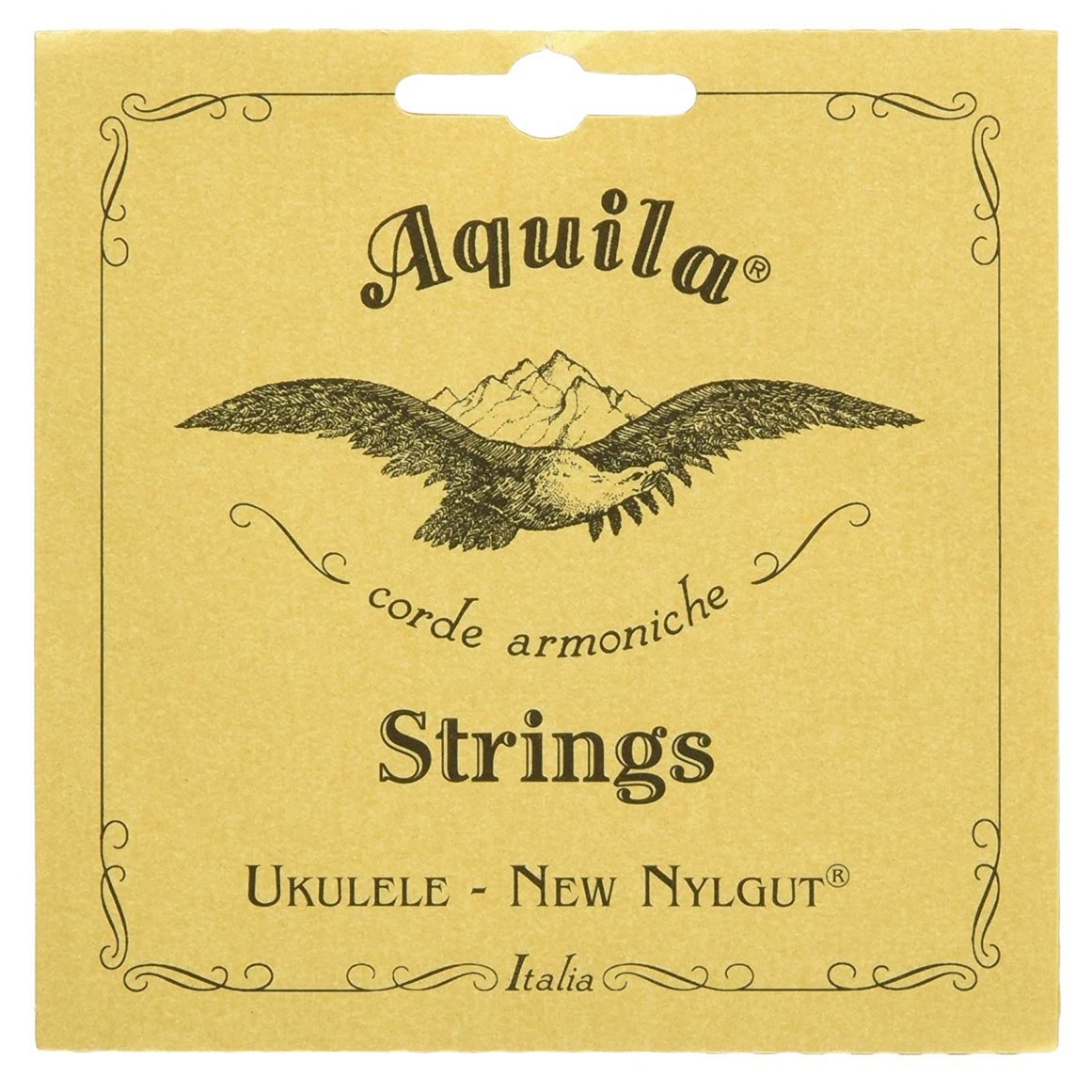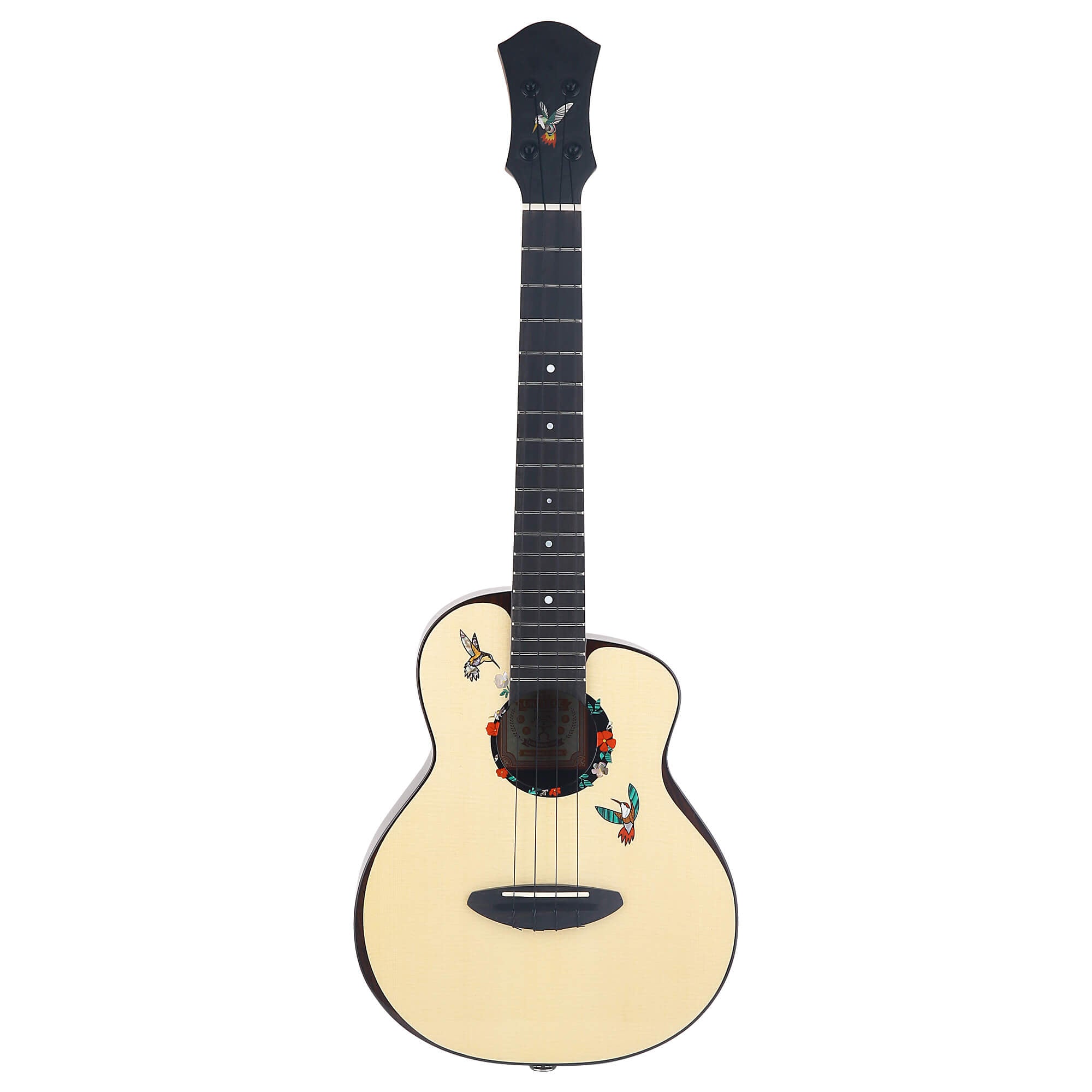How to Clean Ukulele Strings: A Step-by-Step Guide

As a ukulele player, keeping your instrument in top-notch condition is a must to make sure it always sounds ripper.
One thing that often gets overlooked is cleaning the strings. Over time, strings can get grubby with dirt, sweat, and oils from your fingers, which can mess with their sound and lifespan.
In this guide, we’ll show you how to clean your ukulele strings to keep them in great nick.
Why Clean Your Ukulele Strings?
Giving your ukulele strings a regular clean has heaps of benefits:
Enhanced Sound Quality: Clean strings produce a clearer, brighter sound.
Increased Longevity: Getting rid of dirt and oils prevents them from wearing out too soon.
Improved Playability: Clean strings feel smoother and more comfortable to play.
Aesthetic Appeal: Well-maintained strings look better and show that you take good care of your uke.
What You’ll Need
Before you start cleaning your ukulele strings, grab the following:
A clean, lint-free cloth or microfiber cloth
A clean, dry cloth for wiping down the ukulele

Prepare Your Ukulele:
Find a flat, stable surface to place your ukulele on. Make sure the area is clean and free of anything that could scratch your instrument.
Loosen the strings slightly to make it easier to clean them without causing any damage.
Wipe Down the Strings:
Take the lint-free cloth or microfiber cloth and gently wipe down each string from the bridge to the nut.
This will remove any surface dirt and grime.
If the strings are particularly dirty, you can dampen the cloth with a small amount of string cleaning solution or rubbing alcohol(this is optional). Avoid soaking the cloth; a little moisture goes a long way.
Wipe Down the Fretboard:
While you’re cleaning the strings, it’s a good idea to wipe down the fretboard as well. Use the dry cloth to remove any dust or debris that may have settled there.
For a deeper clean, you can use a slightly damp cloth with a bit of lemon oil (suitable for rosewood or ebony fretboards) to condition the wood.
Once you’ve cleaned the strings and fretboard, use a dry cloth to wipe down the entire ukulele. This will remove any remaining moisture and leave your instrument looking polished.
After cleaning, tighten the strings back to their original tension and retune your ukulele. This is also a good time to check for any tuning issues or signs of wear that might indicate it’s time to replace the strings.
Tips for Maintaining Clean Strings
Wash Your Hands: Always wash your hands before playing to minimise the transfer of oils and dirt to the strings.
Always wipe the strings every after playing: Always wipe the strings after playing to remove sweat, oils, and dirt that accumulate from your fingers. This helps prevent corrosion and buildup that can affect the sound quality and lifespan of the strings. Regular cleaning ensures your ukulele maintains its best tone and playability.
Store Your Ukulele Properly: Store your ukulele in a case or gig bag when not in use to protect it from dust and environmental factors that could contribute to dirty strings.
By following these steps, you’ll keep your ukulele strings clean and in excellent condition, ensuring that your instrument continues to sound its best. Regular maintenance not only enhances your playing experience but also extends the life of your ukulele.
If your ukulele strings are looking worn or no longer sounding their best, it might be time to replace them. At Ukulelemate, we offer a wide variety of high-quality ukulele strings to suit every player's needs. Check out our selection and give your uke the fresh strings it deserves!
Happy strumming!
 Lifetime Warranty
Lifetime Warranty  60 Day Returns Policy
60 Day Returns Policy 1-2 Day Delivery
1-2 Day Delivery 






































Leave a comment